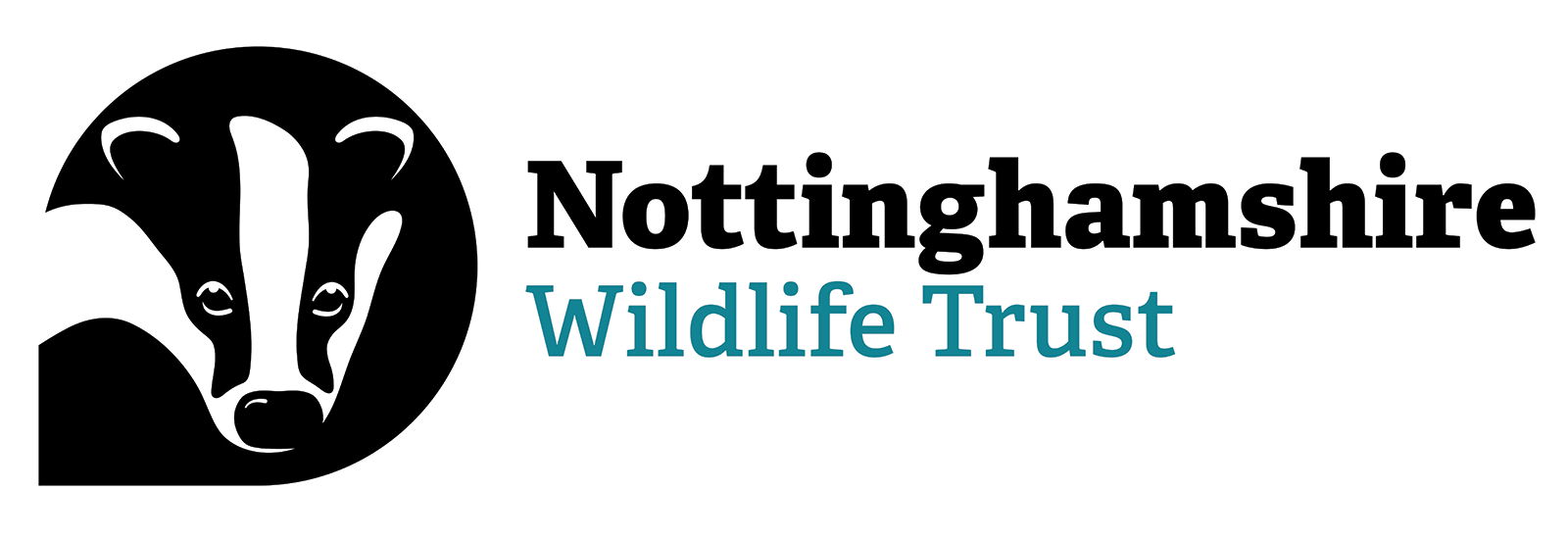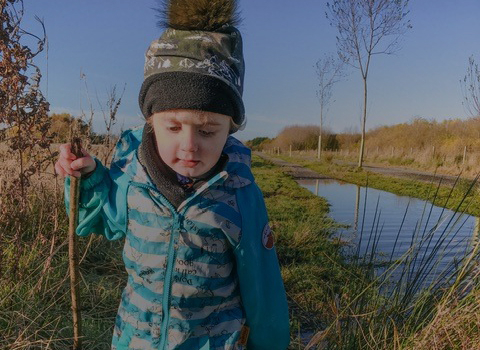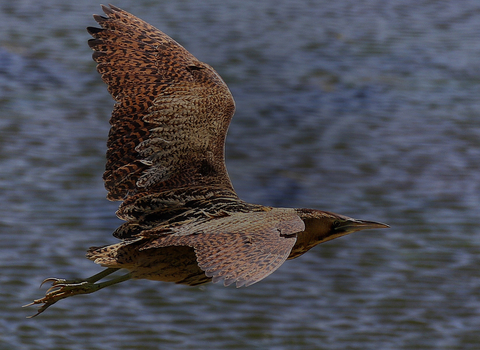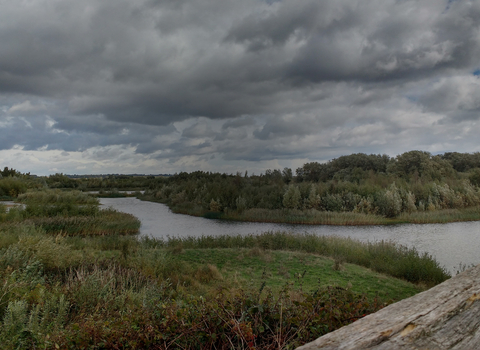Introducing our 10-year strategy
There is no time to waste.
Our work over the past 60 years has protected and enhanced some of the most important places for nature in Nottinghamshire; we have created new spaces for nature, and have developed an unparalleled knowledge of the wildlife and wild places in our county. We are firmly rooted in, supported by and accountable to the local communities of which we are a part.
The scale of the ecological and climate crises, however, means we must now take a more radical and urgent approach, and involve and inspire many more people to act locally for nature’s recovery. In the decade to 2030, we must get a mass movement of people taking action for nature at all levels, and create much more space for wildlife to thrive.
This strategy sets out how we will help achieve a ‘people-powered nature recovery’. The science suggests that we need one in four people to take action, and that we need at least one-third of our land and water to be supporting nature’s recovery by 2030. Our strategy positions the Trust as both a campaigner for, and a deliverer of, nature’s recovery.
Now is the time to be bold – we can’t defer, we can’t wait for more data or better reasons to act.
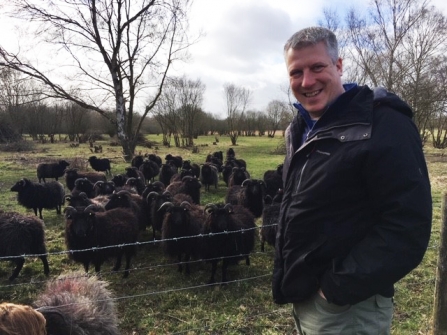
- Paul Wilkinson
Nottinghamshire Wildlife Trust Chief Executive
The challenge
The UK is one of the most nature depleted countries on the planet. We have lost so much wildlife and our natural systems are degraded. Nature has been squeezed out by the increasing pressures of development, infrastructure and damaging land management practices, often fuelled by human consumption.
The climate crisis is now one of the key drivers of nature’s decline, and the breakdown of ecosystems reduces our ability to store carbon and adapt to a changing climate – the ecological crisis and climate crisis go hand-in-hand.
We need to shine a light on the state of nature in Nottinghamshire. We need to restore nature at scale as well as protect what wildlife we have left. We need people to act for wildlife as well as be inspired by it. We need to focus our attention on influencing change in policy, practice and behaviour, alongside our work delivering for wildlife. We need to position the Trust as the link between worldwide environmental issues, such as the climate emergency and global biodiversity collapse, and local action.
Our future must be wilder.
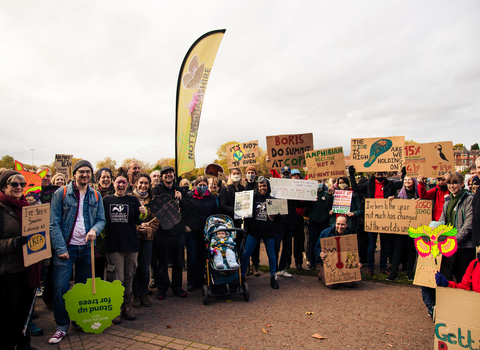
Photo © Harriet Lavender
Goal one: A movement for nature
At least one in four people in Nottinghamshire to be inspired and empowered to take urgent action for nature and the climate in their daily lives, as individuals, at work and in communities, and their wellbeing will be improved because of it.
The challenge
People are the key to nature’s recovery. We depend on the natural world for our survival, yet we are increasingly disconnected from nature.
Public awareness of the ecological and climate crises is possibly at an all-time high; however, our collective behaviours do not yet match our concern, or the scale of the challenge. We need to move people from being aware of the issues to actually doing something about them.
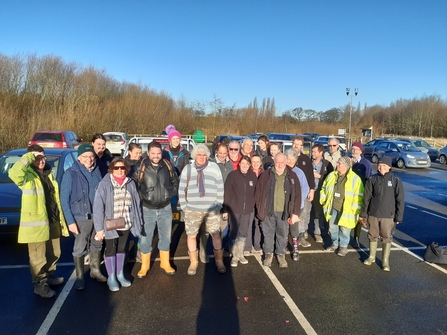
We want to:
- Build on the support of the many thousands of wildlife enthusiasts already involved – our members, supporters, volunteers, partners and friends
- Deliver more strategic ‘policy’ campaigns similar to our proposals for the future of Nottingham’s Broadmarsh area and position on badger culling
- Increase access to volunteering - offering roles that fit around the diverse lives, needs and motivations of volunteers
- Evolve our support engagement, working with business partners to help drive business value and benefits for their staff
- Inspire and empower individuals, schools and other groups to take action in their own lives or within their community
- Link people and communities of all identities, cultures, backgrounds and abilities, by helping to create social networks utilising the power of digital technology
- Build on our strong youth engagement foundations and develop our Youth Forum to establish stronger links through our projects and programmes.
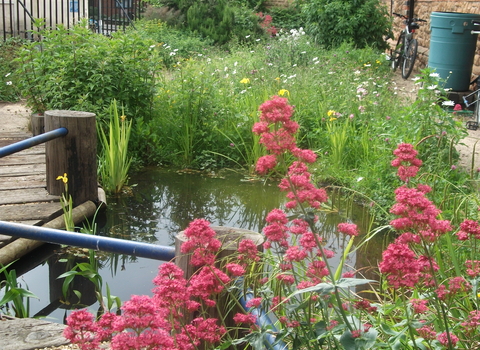
Goal two: More space for nature
At least one-third of land and water to be made wilder, and the pressures reduced on wildlife everywhere else. This will be achieved through a ‘nature recovery network’ that plays a valued role in helping address local and global problems, and with abundant and diverse wildlife everywhere - through city, towns and countryside.
The challenge
The UK is one of the most nature depleted countries in the world, with increasingly fragmented remnants of wildlife habitat isolated across our landscapes.
We have pursued a landscape-scale approach to conservation for more than a decade – through ‘living landscapes’, and prior to that through target areas in the county - and have known for a long time that nature reserves on their own are not enough. We need to take this to the next level.
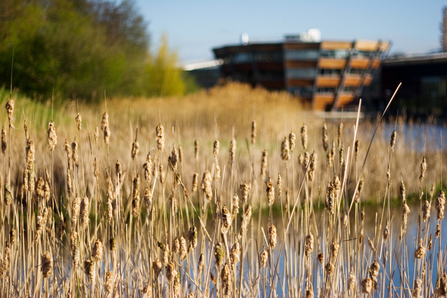
Photo © Tracey Sheppard
We want to:
- See the Trust’s estate as ‘nodes’ in a future wilder landscape, as part of the nature recovery network. This network will encompass land of any size, and in any place, including community spaces, gardens, farms, parks, churchyards and schools – every space counts
- Grow the nature recovery network based on opportunities identified in local biodiversity opportunity maps. Reaching our goal of 30% of land being made wilder equates to 64,800 hectares in Nottinghamshire
- Create wildlife-rich landscapes working with Forestry England in Sherwood, local government-owned farmland areas, and road and rail verges
- Continue to campaign against pesticides, insecticides and weed killers, while promoting sustainability more broadly through helping people reduce the pressures on the wider environment through their everyday behaviours and choices
- Work closely with the water industry to support efforts to reduce the use of water and clean it up through natural solutions
- Challenge and influence land use development and developers. Nature must be at the heart of every development and planning decision
- Maximise the wildlife value of our reserves, demonstrating more sustainable ways to manage land for conservation so that it can be replicated at scale.
For more information about our future plans for our flagship reserves, please read Our Vision for Idle Valley Nature Reserve and Our Vision for Attenborough Nature Reserve.
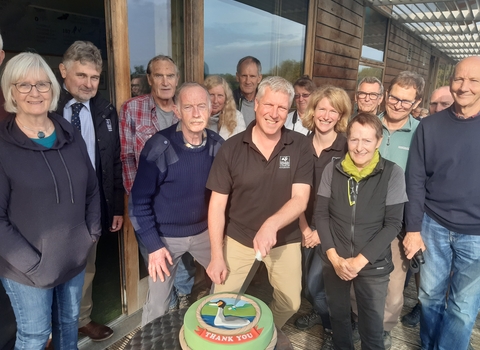
Goal three: We are valued
We will be a thriving and sustainable organisation. We will welcome diversity and our passion and determination shine out in everything we do. We will value our stakeholders and they value us. We will lead by example by achieving a carbon positive position by 2030. We will embrace new ways to grow our impact, reach and expand our supporter base in order to generate a balanced and sustainable level of resources for our other goals.
The challenge
If we are going to be in a position to address the major ecological and climate challenges we face, then our Trust itself needs to be valued, by our staff, volunteers, supporters, funders and the local communities of which we are a part. The Trust needs to value these stakeholders, in a mutually supportive relationship. We must become more diverse, sustainable and effective, now and forever. This matters, as we cannot deliver our charitable goals unless we are strong and sustainable.
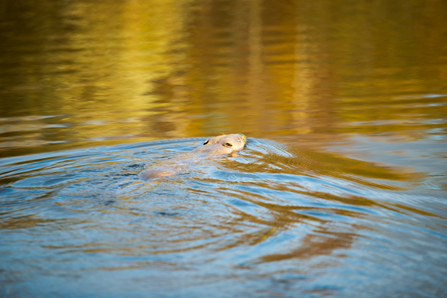
Photo © Harriet Lavender
We want to:
- Develop a dynamic and agile culture where staff feel valued, supported and able to thrive within their roles. Staff should always have a voice within the organisation, with the ability to help shape the direction of travel and suggest new and different ways of working that will achieve greater impact towards achieving a shared vision
- Become more relevant, embracing difference and diversity and creating opportunities for people to want to belong to this ‘wilder’ movement for nature
- Improve our own environmental footprint as an organisation – becoming carbon neutral by 2027 and carbon positive by 2030
- Use our resources efficiently and effectively, harnessing the diversity, talent and commitment of our staff, volunteers and supporters, across the charity and our two subsidiaries
- Develop our systems and processes and embrace new ways to grow our impact and expand our supporter base, as well as diversifying our income sources to increase our resilience.
Our programmes
We will focus our work on three flagship programmes
Further reading
For more information about our new strategy, our Creating a Wilder Nottinghamshire by 2030 booklet can be downloaded and read on your device.
Read our Wilder Nottinghamshire Booklet
